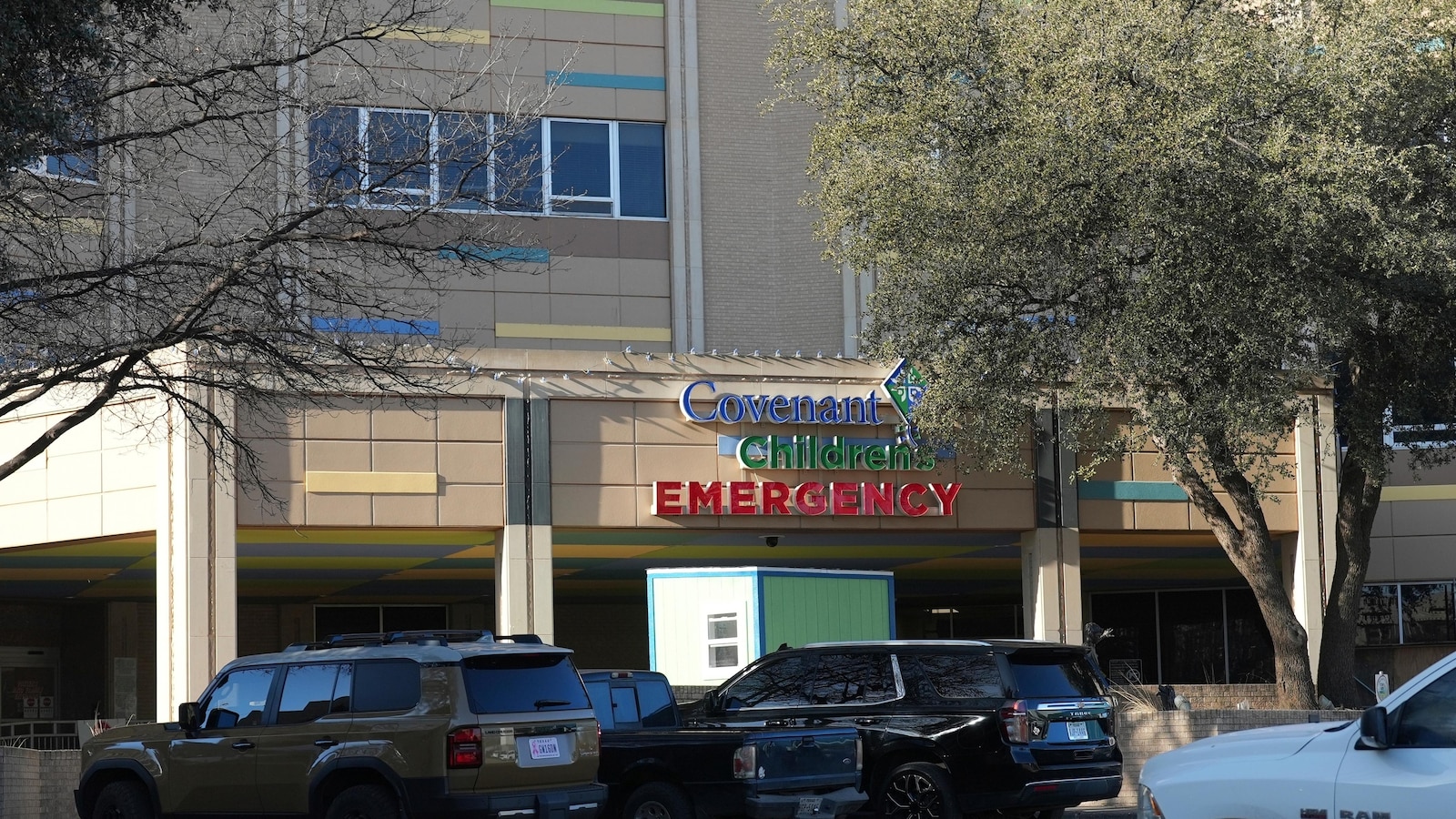West Texas Faces Measles Crisis: Understanding the Outbreak and Its Implications
The West Texas measles outbreak has reached alarming levels, with health officials reporting the first fatality amid a surge of over 120 confirmed cases. As the situation escalates, the need for immediate public health intervention becomes critical. Health authorities are emphasizing the importance of vaccinations to curb the spread of this highly contagious disease, which poses significant risks not only to those infected but also to the broader community.
The Growing Outbreak: A Closer Look
The current outbreak in West Texas is a stark reminder of the vulnerabilities that persist in public health systems. Measles, a disease that had seen significant decline due to widespread vaccination efforts, has made a resurgence in various regions, and West Texas is now facing the dire consequences. The first reported death linked to this outbreak has heightened concerns and brought the issue to the forefront of public discourse.
According to the Texas Department of State Health Services, the majority of the infected individuals are unvaccinated, underscoring the critical role that immunization plays in preventing outbreaks. Measles is an airborne virus, easily transmitted through respiratory droplets, making it one of the most contagious diseases known. A single infected person can spread the virus to 90% of the people they come into contact with who are not immune.
Impact on the Community
The implications of the outbreak extend beyond health concerns. The community faces potential economic repercussions as fear of infection may deter individuals from participating in public gatherings, visiting local businesses, or utilizing public services. Schools and daycare centers are particularly vulnerable, as unvaccinated children can pose a risk to their peers, leading to increased absenteeism and disruptions in education.
Public health officials are working diligently to manage the outbreak, implementing measures such as:
- Community vaccination drives to encourage immunization
- Public awareness campaigns to educate residents about measles and its risks
- Collaboration with local healthcare providers to ensure access to vaccines
The Importance of Vaccination
Vaccination is the most effective way to prevent measles and its complications. The MMR vaccine, which protects against measles, mumps, and rubella, has been proven to be safe and effective. Health experts recommend that all children receive two doses of the MMR vaccine, the first at 12-15 months of age and the second at 4-6 years. However, many individuals remain hesitant or refuse vaccinations due to misinformation, leading to gaps in community immunity.
Addressing vaccine hesitancy is crucial. Here are some strategies that health officials and advocates can employ:
- Education: Providing clear, evidence-based information about the benefits and safety of vaccines.
- Community Engagement: Involving local leaders and trusted figures to advocate for vaccination.
- Accessibility: Ensuring vaccines are readily available and often free of charge to remove barriers to access.
Lessons from the Outbreak
The measles outbreak in West Texas serves as a critical lesson for public health officials and communities alike. It highlights the need for ongoing vigilance in vaccination efforts and the importance of maintaining high vaccination rates to achieve herd immunity. Herd immunity occurs when a sufficient portion of the population is immunized, making it difficult for the virus to spread. This is especially vital for protecting those who cannot be vaccinated due to medical reasons, such as infants and individuals with compromised immune systems.
Additionally, the outbreak underscores the necessity of effective communication strategies to combat misinformation surrounding vaccines. With the rise of social media and various online platforms, false information can spread rapidly, influencing public opinion and behaviors. Public health campaigns must adapt to these challenges by utilizing digital tools and engaging with communities in meaningful ways.
What Can Residents Do?
Residents of West Texas and surrounding areas are urged to take proactive measures to protect themselves and their families. Here are some steps they can take:
- Check Vaccination Status: Ensure that children and adults are up-to-date on their vaccinations.
- Attend Community Clinics: Participate in local vaccination events and encourage friends and family to do the same.
- Stay Informed: Follow updates from health officials and educate oneself about the signs and symptoms of measles.
Conclusion: A Call to Action
The first fatality in the West Texas measles outbreak is a tragic reminder of the stakes involved in public health. With over 120 confirmed cases, the community faces significant challenges that require collective action. Vaccination is not just a personal choice; it is a communal responsibility. By working together, spreading awareness, and ensuring that all individuals are vaccinated, residents can play a vital role in stopping the outbreak and preventing future occurrences.
As the situation develops, health officials remain committed to protecting the community’s health and well-being. Continued support for vaccination programs and public health initiatives is essential in overcoming this crisis and safeguarding future generations from vaccine-preventable diseases.
In the face of adversity, West Texas has the opportunity to emerge stronger, united by a common goal of health and safety for all.
See more WebMD Network



